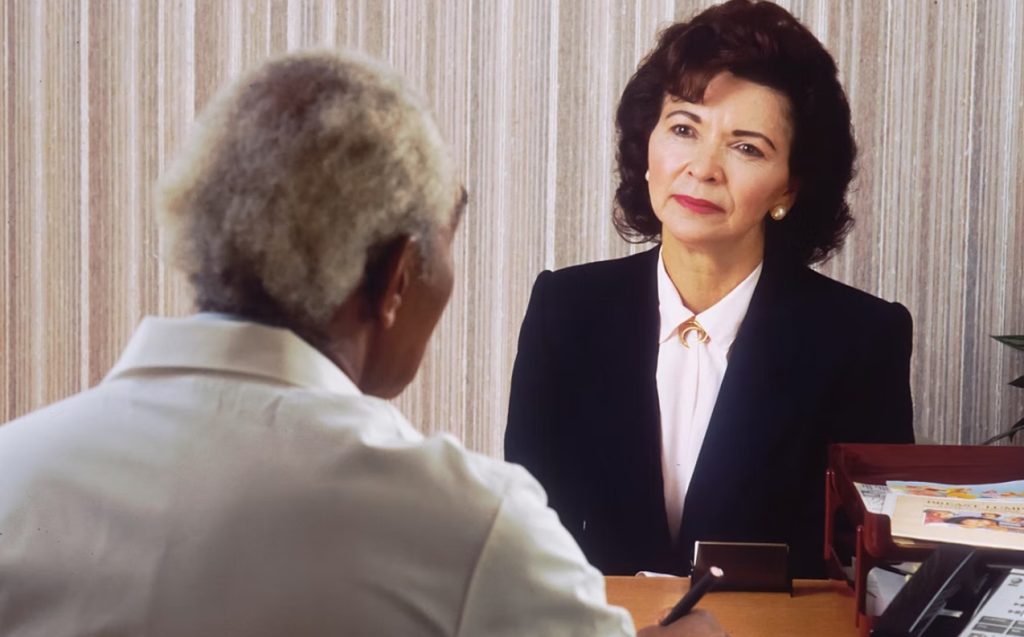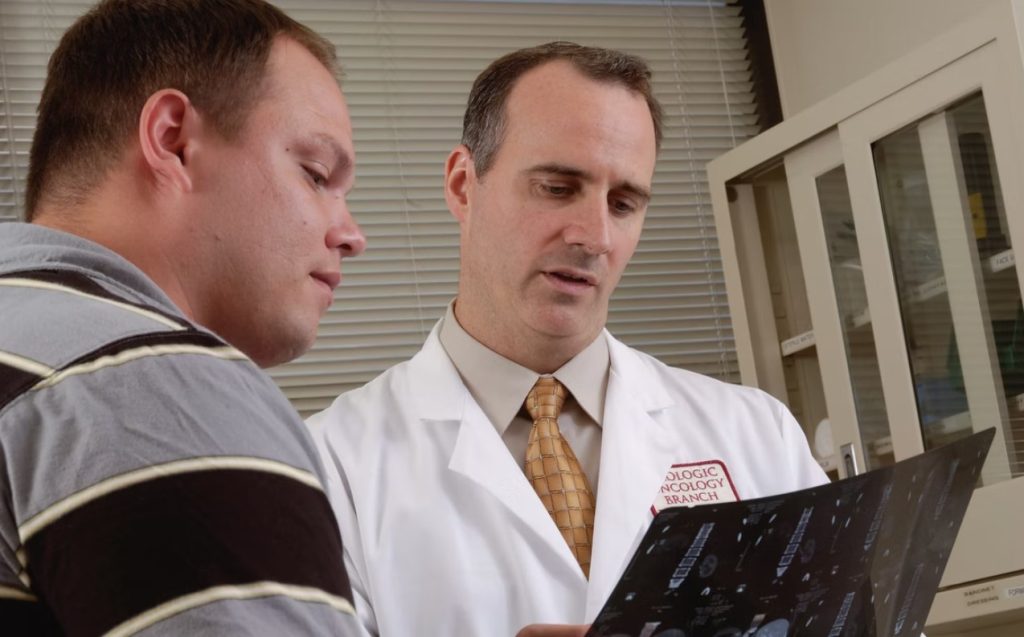Having enough trust in the medical staff of a hospital or any other medical facility should go without saying.
The professionals working there including all sorts of doctors are caretakers earned their degrees and hold job positions for a reason. When people have health issues, they turn to them for help and guidance, because there is nobody else to do so and because it is the right thing to do. Despite there being many people who prefer taking care of their own health and dislike doctors, they all eventually have to consult with one when the health issue at hand is worrying enough.
However, what happens when those who should be making you feel better fail at their job and actually make things worse? Mistakes of doctors and medical practitioners are more and more common for some reason. Is it their education, or lack thereof, or is it simply the lack of empathy and care? Whatever it is, there is a legal term for it and it is called medical malpractice. These cases are definitely not something you want to be involved in. It implies that the doctor(s) who were in charge of making you healthier and ridding you of your problems not only failed to do so, but actually made the situation in some way worse.
In such a situation the only thing left for the patient to do is to sue them and start a medical malpractice case. The thing to sue the people at fault for is negligence, or failure to take proper care or action over something, in their case helping the patient. In law, negligence also has the definition of being a breach of duty of care which results in damage. Damage that would otherwise not be caused. Taking them t court involves many steps, the most important of which is definitely proving the negligence happened. To do this, you have to know a few things. Read along to get the know-how on this important topic so that you can help someone close to you, or perhaps yourself, if such a fate befalls you.
What does it Consist Of?

So what does such a case really imply? In order for a party to successfully claim negligence against someone, they have to be able to prove a few things. The first is the fact that the healthcare provider had the duty of providing care. The second thing is that the care of the provider was way below the industry standard that applies for the care involved. Thirdly, it you must prove the injuries happened because of the provider’s failure or inability to provide the right kind or amount of care. Finally, the fourth thing is to prove that the victim was injured as a result of it all. Unless there is grounds to prove these four things, the case will not really be ultimately successful. This can be broken down in more detail, which is what we will do right here.
Duty Breaches and Causation

When it comes to reasons why negligence may have happened, it has to deal with what being a medical practitioner implies. First off, there is duty. Medical malpractice cases show what the duty of the practitioner was. As the patient was in their care, and since they are the healthcare provider, the patient is owed a duty of care. If the patient can prove breach and causation, they have a much bigger chance at a heftier compensation and even some kind of penalty for those responsible.
This is one of the most difficult parts of medical malpractice cases because proving negligence here the victim has to prove there was conduct below the standard of care. Here the victim(s) need a true expert who can explain how the doctor’s conduct, or that of the nurses or the entire hospital, fell below what is standardized and caused further harm for the patient. In order to do this however, that expert has to be in the same area of medicine as the defendant medical practitioner. Before they can help the patient, this expert has to explain the standard and how those to blame deviated from it all.
Before you can ever do this though, you have to already have a legal expert on your side. Patients who want to prove negligence in a medical malpractice case should get in touch with a personal injury attorney. Since this is a special kind of case, you need a special attorney to do the job. Law is a very diverse and complex field, which is why there is the need for different experts for every different, highly specialized case. In the medical malpractice area, those are personal injury attorneys. If you want to sue the staff of a medical facility, you need one on your side. Only with them can you also find an expert who can prove that there was breach and causation.
Conclusion and Takeaways

Once you have the case turn your way, it is time to seek compensation. Since medical malpractice usually leads to very bad injuries, emotional and mental distress, financial damages, or wrongful death, the victims can expect very high compensation. A lawyer with experience can help the patient and their family by presenting the court with evidence dealing with medical bills, lost income, pain and suffering, and emotional distress.
These cases are long and complex and they tend to be dragged more than they need to because hospitals and healthcare providers want to protect their case and their staff. It is an uphill battle most of the time and the family of the victim usually goes through a lot. This is why it matters how you tackle the negligence case and how you base the entire medical malpractice situation right from the start. Make sure you get involved, hands-on right from the start, from the first sign of negligence maybe happening to you or your loved one. Document it and react, if it does not happen be sure to have a swift response. Hire an attorney early and you will have a much easier time in court.

